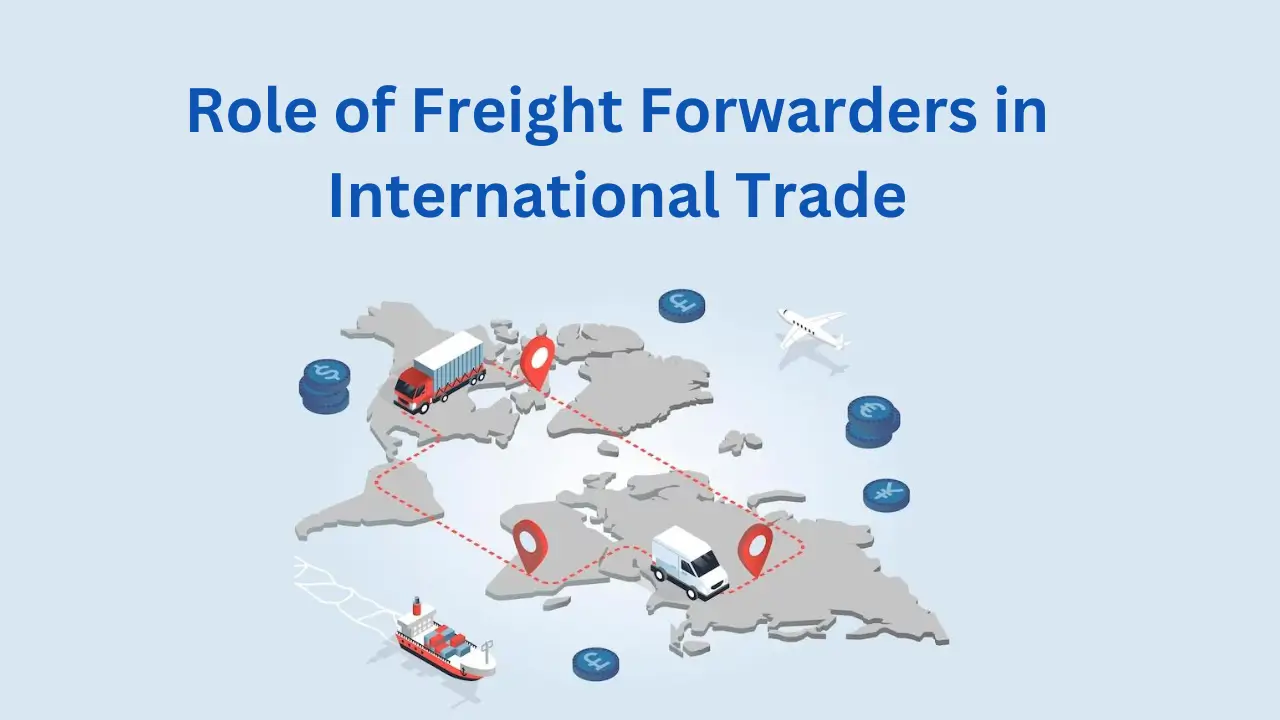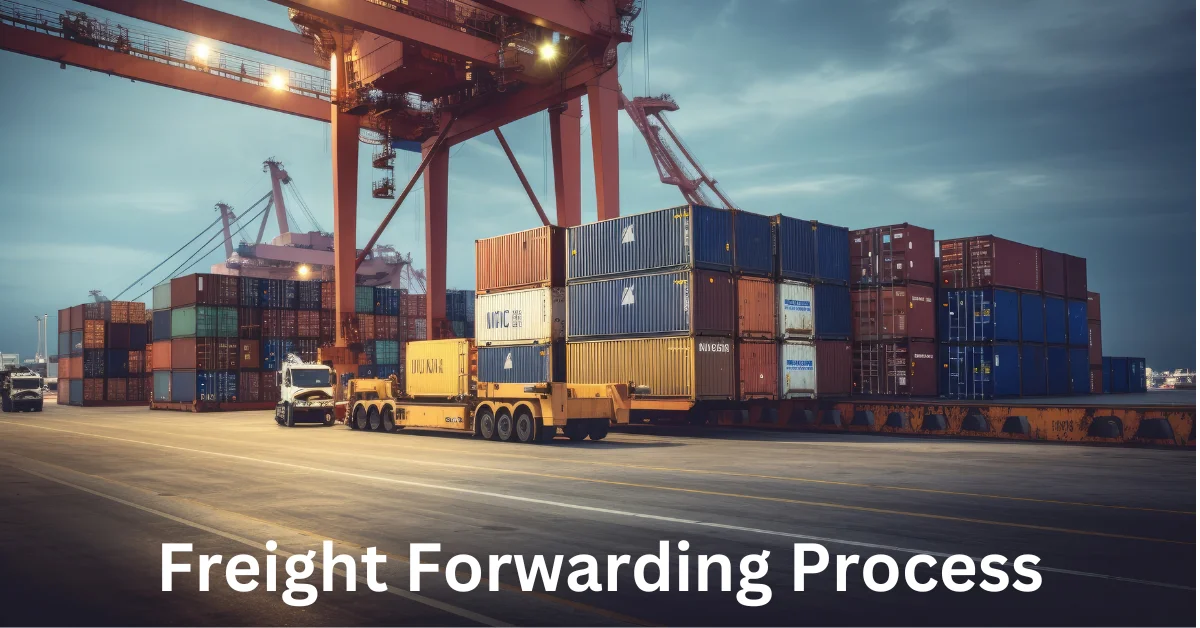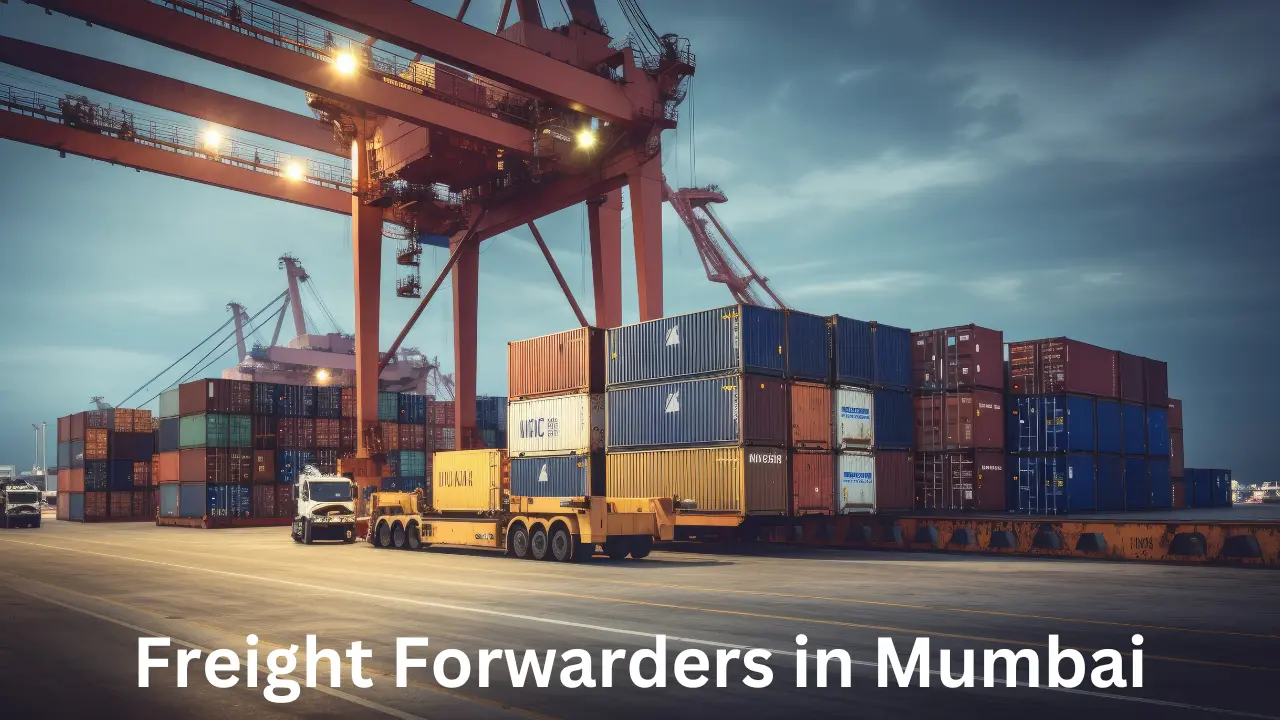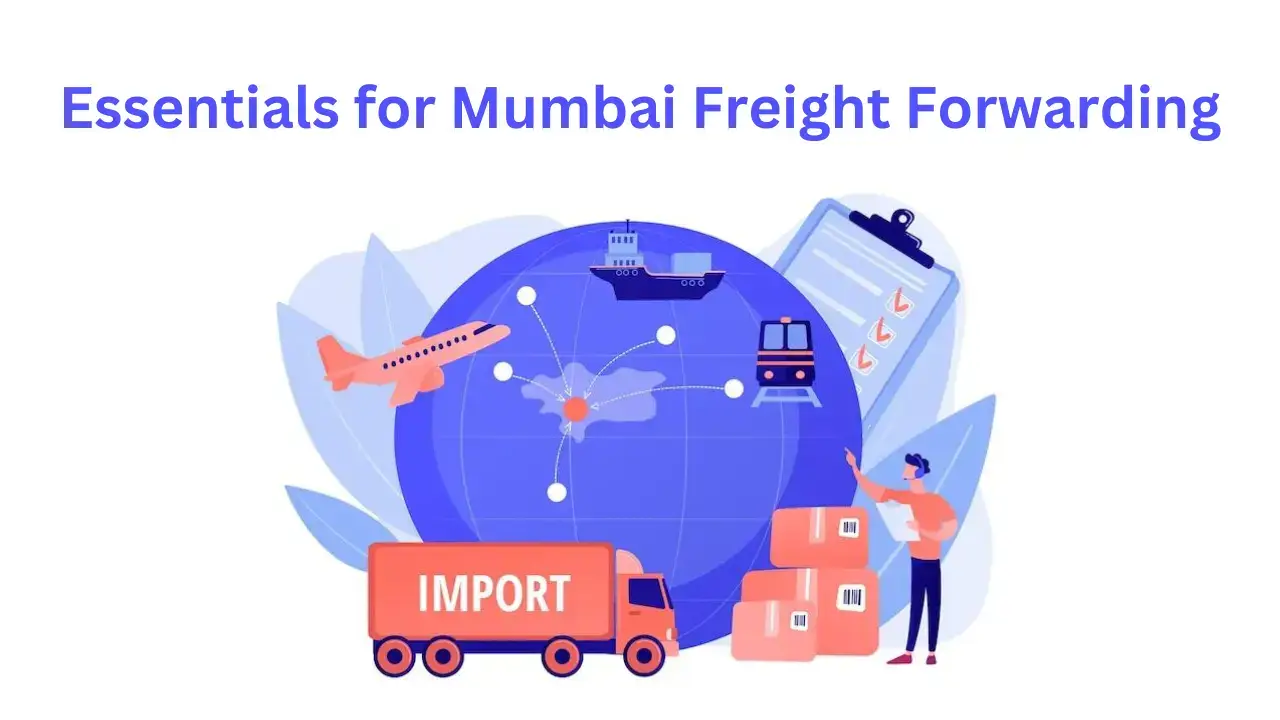
The Vital Role of Freight Forwarders in International Trade
In today’s globalized economy, international trade has become an integral part of business operations. The exchange of goods across borders has paved the way for economic growth, increased market reach, and improved access to resources. However, the complexity of international trade goes beyond simply shipping goods from one country to another. This is where freight forwarders step in, crucial in facilitating seamless and efficient cross-border trade.
Understanding the Role of Freight Forwarders:
Freight forwarders operate as uncelebrated champions behind the scenes of international trade. They are intermediaries who act as bridges between exporters, importers, shipping lines, airlines, trucking companies, and various regulatory authorities. Their primary goal is to ensure the smooth movement of goods from the point of origin to the final destination, navigating through the intricate web of regulations, logistics, and documentation.
Key Responsibilities of Freight Forwarders:
Logistics Expertise: Freight forwarders are well-versed in the complexities of transportation logistics. They determine the most suitable and cost-effective modes of transport (air, sea, road, or rail) for different types of cargo, considering factors like urgency, budget, and nature of goods.
Documentation and Compliance: One of the most daunting aspects of international trade is dealing with the extensive documentation required by customs and other regulatory bodies. Freight forwarders ensure that all necessary documents, such as bills of lading, commercial invoices, certificates of origin, and export/import permits, are accurately prepared and submitted. They also keep up with changing regulations and trade agreements to ensure compliance.
Customs Clearance: Navigating customs procedures can be a significant hurdle in international trade. Freight forwarders work closely with customs brokers to facilitate the smooth clearance of goods through customs checkpoints. They ensure that goods meet all regulatory requirements and pay duties and taxes.
Cargo Insurance: Freight forwarders help clients secure appropriate cargo insurance to protect their shipments against damage, loss, or theft during transit. They assist in choosing the right insurance coverage based on the type of cargo, mode of transport, and destination.
Route Optimization: Freight forwarders leverage their expertise to plan the most efficient and cost-effective shipping routes. They consider factors like distance, transit time, potential delays, and available transportation options to minimize costs and delivery times.
Consolidation and Deconsolidation: For smaller shipments, freight forwarders often consolidate goods from multiple shippers into a single larger shipment. This practice helps reduce shipping costs by maximizing container space. On the receiving end, they ensure efficient deconsolidation and distribution to the respective consignees.
Risk Management: International trade comes with inherent risks such as theft, damage, natural disasters, and supply chain disruptions. Freight forwarders assess these risks and implement strategies to mitigate them, ensuring the safe and timely arrival of goods.
Benefits of Using Freight Forwarders:
Expertise: Freight forwarders bring industry-specific knowledge and experience to the table, helping businesses navigate the complexities of international trade with confidence.
Time and Cost Efficiency: By handling various aspects of the shipping process, freight forwarders save businesses valuable time and resources. They negotiate shipping rates and consolidate shipments to reduce costs.
Global Network: Freight forwarders have established relationships with carriers, customs officials, and other industry players worldwide. This network enhances their ability to solve problems and expedite shipments.
Risk Mitigation: With their knowledge of customs regulations and shipping best practices, freight forwarders help businesses avoid costly delays and penalties.
Focus on Core Business: Outsourcing logistics and shipping tasks to freight forwarders allows businesses to concentrate on their core competencies, leaving the intricacies of international shipping to the experts.
Types of Freight Forwarders
In the intricate tapestry of international trade, freight forwarders emerge as key players, orchestrating the movement of goods across borders with finesse and expertise. To truly grasp their significance, it’s crucial to understand the distinct roles of various types of freight forwarders, each specializing in a particular mode of transportation. Let’s embark on a journey through the realm of freight forwarding to unveil the nuances of ocean, air, land, and multimodal freight forwarders.
1. Ocean Freight Forwarders: Sailing the Vast Expanse
Ocean freight forwarders, as the name suggests, specialize in managing shipments that traverse the vast oceans. They are well-versed in the complexities of maritime transportation, which often involves colossal cargo vessels and intricate shipping routes. Ocean freight forwarders play a crucial role in:
Booking cargo space on vessels: Ocean forwarders negotiate space with shipping lines and ensure cargo is loaded efficiently.
Document preparation: They handle the extensive documentation required for international shipping, including bills of lading, customs declarations, and certificates of origin.
Port and customs clearance: These forwarders ensure smooth passage through ports and customs checkpoints.
2. Air Freight Forwarders: Soaring to Expediency
Air freight forwarders specialize in the swift movement of goods by air, a mode of transportation renowned for its speed and efficiency. With air cargo space at a premium, these forwarders excel in:
Fast delivery: Air freight is ideal for time-sensitive goods, and air forwarders ensure prompt delivery.
Cargo compatibility: They assist in packaging and labeling goods to meet aviation regulations and requirements.
Security compliance: Given stringent air travel security protocols, air freight forwarders ensure compliance and smooth cargo screening.
3. Land Freight Forwarders: Navigating Terrains
Land freight forwarders focus on transportation via road and rail networks, often managing shipments within a specific region or across adjacent countries. These forwarders excel in the following:
Overcoming border crossings: Land forwarders navigate through customs procedures at multiple borders.
Intermodal transport: They coordinate the transition of goods between different modes of land transportation, such as trucks and trains.
Timely deliveries: Land transportation is often preferred for shorter distances and land forwarders optimize routes for efficient deliveries.
4. Multimodal Freight Forwarders: Seamlessly Integrated Solutions
Multimodal freight forwarders offer a comprehensive approach by combining different modes of transportation to create efficient end-to-end solutions. They provide:
Flexibility: Multimodal forwarders adapt to changing transportation needs and seamlessly switch between modes.
Simplified logistics: Clients work with a single point of contact for various modes, streamlining communication and coordination.
Global reach: These forwarders cater to the complexity of international trade by integrating air, ocean, and land transport across multiple regions.
In conclusion, the role of freight forwarders in international trade cannot be overstated. They are the linchpins that ensure the seamless movement of goods across borders, overcoming challenges and simplifying complexities for businesses engaged in global commerce. Their expertise, network, and commitment to compliance contribute significantly to the growth and success of international trade in our interconnected world.




